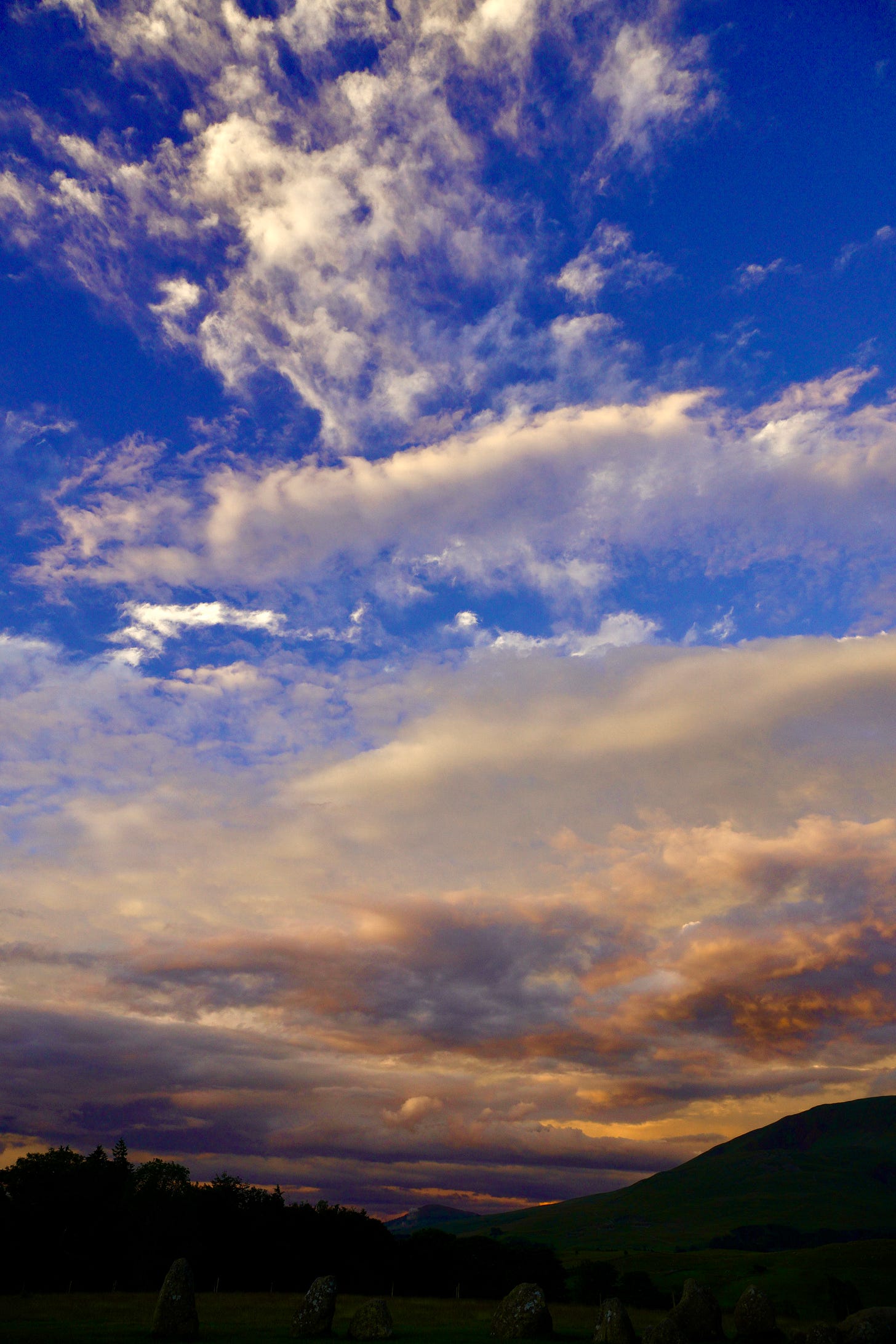Unknown
sets the whole thoracic region resonating in turn
Unknown
carries two, beautiful, resonant almost underground vowel sounds echoing through its very centre, as if the word itself brings more meaning than our bodies or our minds are able to hold or understand. Said fully and properly the word unknown sets the whole thoracic region resonating in turn, in the same way the unknown itself …




